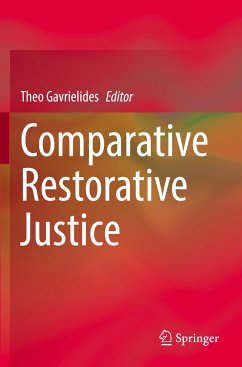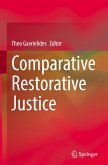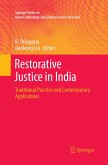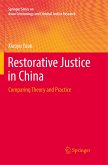This edited collection introduces and defines the concept of "comparative restorative justice", putting it in the context of power relations and inequality. It aims to compare the implementation and theoretical development of restorative justice internationally for research, policy and practice.
In Part I, this volume compares practices in relation to the implementing environment - be that cultural, political, or societal. Part II looks at obstacles and enablers in relation to the criminal justice system, and considers whether inquisitorial versus adversarial jurisdictions have impact on how restorative justice is regulated and implemented. Finally, Part III compares the reasons that drive governments, regional bodies, and practitioners to implement restorative justice, and whether these impetuses impact on ultimate delivery.
Featuring fifteen original chapters from diverse authors and practitioners, this will serve as a key resource for those working in socialjustice or those seeking to understand and implement the tenets of restorative justice comparatively.
In Part I, this volume compares practices in relation to the implementing environment - be that cultural, political, or societal. Part II looks at obstacles and enablers in relation to the criminal justice system, and considers whether inquisitorial versus adversarial jurisdictions have impact on how restorative justice is regulated and implemented. Finally, Part III compares the reasons that drive governments, regional bodies, and practitioners to implement restorative justice, and whether these impetuses impact on ultimate delivery.
Featuring fifteen original chapters from diverse authors and practitioners, this will serve as a key resource for those working in socialjustice or those seeking to understand and implement the tenets of restorative justice comparatively.








